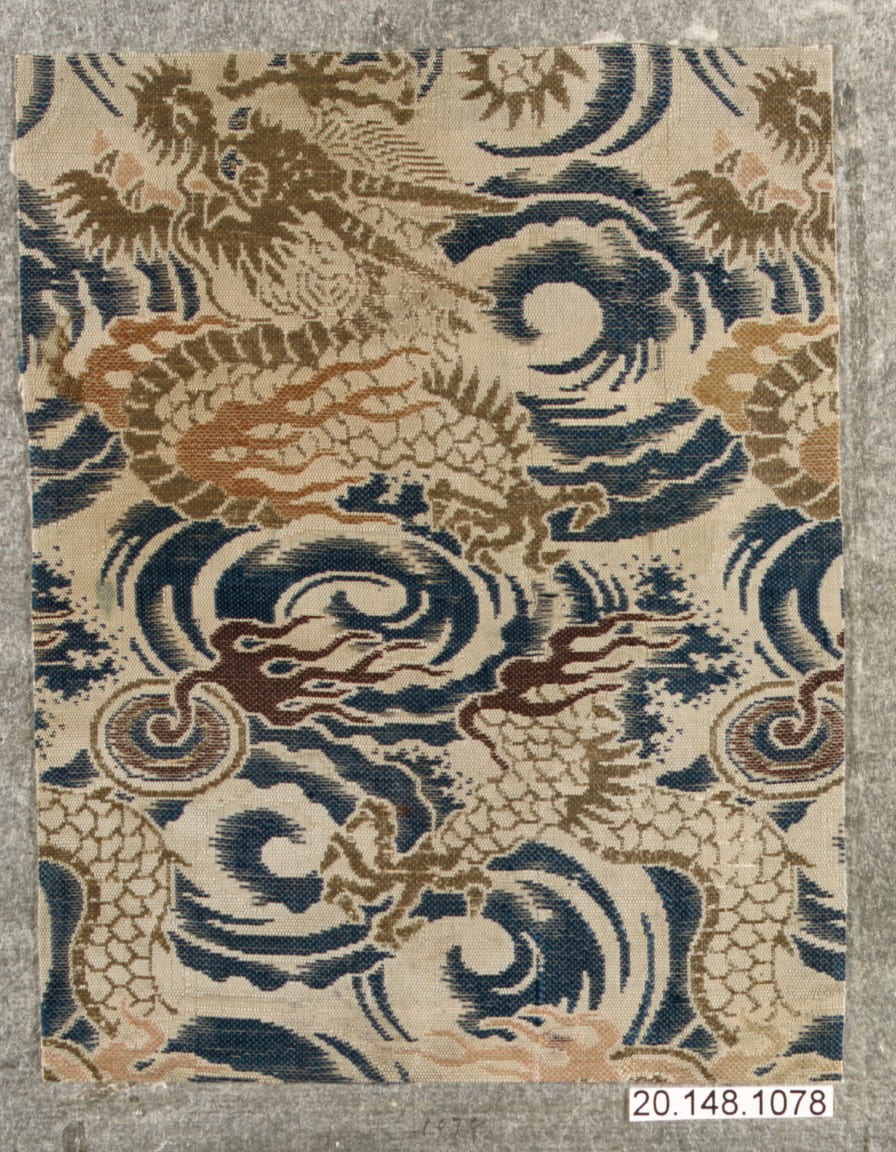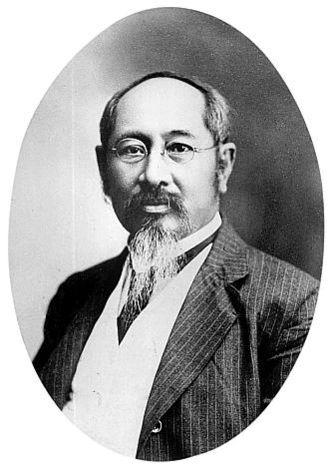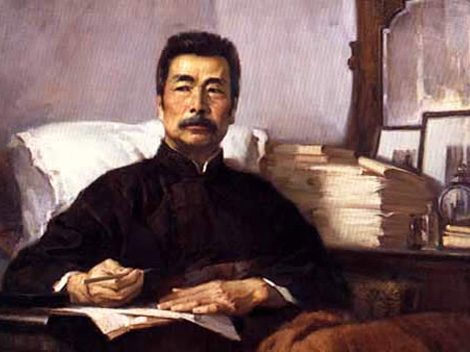Category Archives: Migration
Thursday, April 5th: Jiakai Sheng, “Homeward Bound: The Postwar Repatriation of Japanese Civilians in Shanghai, 1945-1947”
Jiakai Sheng
PhD Student, Department of History
“Homeward Bound: The Postwar Repatriation of Japanese Civilians in Shanghai, 1945-1947”
Thursday, April 5th, 4-6 PM
John Hope Franklin Room
Please join the East Asia: Transregional Histories workshop in welcoming Jiakai Sheng as he presents his paper titled “Homeward Bound: The Postwar Repatriation of Japanese Civilians in Shanghai, 1945-1947.” He has provided the following abstract:
Following the end of WWII, the Allies returned 6.5 millions overseas Japanese nationals back to their homeland, which was regarded by the former as part and parcel of the effort to dismantle Japan’s fifty-year colonial enterprise. This essay focuses on the management and repatriation of over 100,000 Japanese civilians in Shanghai between 1945 and 1947 as an important case of how mass population transfer was planned, negotiated, and executed in the context of postwar East Asian. By examining an array of ideological and logistical issues surrounding postwar Shanghai’s “Japanese Nationals Concentration Zone,” this essay seeks to reconstruct the dynamic interplay between the Chinese authorities, the U.S. military, and the Japanese repatriates. Rather than reducing the politics of postwar repatriation and decolonization to a simplistic story of the “defeated” being dominated and displaced by the “victorious,” this essay interprets it as being constantly shaped by the agency of multiple parties as well as the continuation of certain aspects of the prewar configuration of Shanghai’s Japanese settlement. Moreover, through highlighting the role played by people’s identities, connections and preferences, this essay intends to show how repatriation was experienced at individual level in variegated ways.
Jiakai’s Paper can be found at the post below.
As always, first-time attendees are welcome. Light refreshments and snacks will be served.
If you have any questions or require assistance to attend, please contact Spencer Stewart at sdstewart@uchicago.edu or Robert Burgos at rburgos@uchicago.edu
Protected: Thursday, April 5th: Jiakai Sheng, “Homeward Bound: The Postwar Repatriation of Japanese Civilians in Shanghai, 1945-1947”-Paper
Frontiers Across Eurasia: A Faculty Forum — October 13, 4:00 PM
Please join the East Asia: Transregional Histories Workshop for our first meeting of the Fall Quarter.
Frontiers Across Eurasia: A Faculty Forum
Thursday, October 13, 4:00 – 6:00 PM
CEAS Room 319 (1155 E 60th St)
Presenters:
Kenneth Pomeranz (University Professor of Modern Chinese History and in the College; Member of the Stevanovich Institute on the Formation of Knowledge) “From ‘Civilizing’ to ‘Modernizing’: Late Imperial and 20th Century Projects to Remake Chinese Frontier Communities”
and
Faith Hillis (Assistant Professor of Russian History and the College) “Frontiers and the Relationship between Center and Periphery in Russian History.”
Discussants:
Robert Burgos (PhD Student, History, University of Chicago) and Alexander Hubert (PhD Student, History, University of Chicago
As participants in EAT Histories’ first-ever faculty forum, Professors Pomeranz and Professor Hillis will each give a brief presentation on their recent work frontiers on opposite ends of the Eurasian continent. During the subsequent discussion we hope to draw connections between these two seemingly disparate sites of analysis and explore the boundaries of the frontiers of the nineteenth and early twentieth century.
There is no pre-circulated paper for this event, and first-time attendees are welcome. Light refreshments will be served.
If you have any questions or require assistance to attend, please contact Jessa Dahl at jdahl@uchicago.edu or Erin Newton at emnewton@uchicago.edu.
March 13: Shelly Chan
The Case for Diaspora: A Temporal Approach to Chinese Communities in Global Context
Shelly Chan, Assistant Professor, History, University of Wisconsin, Madison
Discussants: Saul Thomas (Ph.D. Candidate History/Anthropology) and Guo-Quan Seng (Ph.D. Candidate History)
Time/Date: 4-6pm, March 13 (Thursday)
Venue: John Hope Franklin Room (SSR 224)
Nov. 7: Wei-ti Chen
Japanese Doctors Abroad: Imperial Japan and the Geo-Politics of Japanese Physicians’ Overseas Migration, 1868-1945

Japanese fishermen in a Japanese Hospital in Steveston, Vancouver (probably 1897)
Date and Time: 11/7/2013 (Thu), 4 – 6pm
Venue: John Hope Franklin Room (SS 224)
Student discussant: Zachary Barr (PhD Student, History)
Please note that Wei-ti will be giving a presentation of the introductory chapter of her dissertation. For optional readings are Weiti’s dissertation abstract and Chapter One, “Setting the Institutional Ground”.
Anyone with disabilities who needs assistance to access the venue, please get in touch with Guo-Quan at gqseng@uchicago.edu
D Ryan Gray, Mar 12
D. Ryan Gray
Graduate student in the Department of Anthropology
University of Chicago
“Identity and the Material Dimensions of Public and Private Practice: Archaeology of a Chinese Laundry in New Orleans”
March 12 Thursday 4:00-5:30 pm
Haskell Hall Mezzanine, Room 102
Abstract: While the lives of Asian-American immigrants in the American West have attracted considerable attention from an archaeological perspective, the subject has been little studied in the East, and even less so in the southern United States. Excavations at the site of a laundry operated by a Chinese immigrant in New Orleans, Louisiana, between 1890 and 1920 offer an opportunity to examine the complex place occupied by Asian-Americans in a society increasingly structured by the starkly dualistic racial hierarchy of Jim Crow segregation. Historic documents examined in this paper emphasize the often ambiguous social position of immigrant Chinese in New Orleans culture, with records demonstrating unclear and conflicting racial designations, shifting names, and domestic arrangements that seem to have violated the letter of the law. While in the turn-of-the-century West,early Chinese immigrants appeared to have often maintained a unique or distinctive material culture, both publicly and privately, artifacts associated with the excavated laundry suggest that their counterparts in New Orleans understood the tenuousness of their position in the city. The resident laundryman utilized items that could be characterized as Chinese only in the most private settings of his home life, part of a strategy to avoid bringing attention to any difference that, within the Jim Crow South, would have been interpreted as evidence of a racialized inferiority. In doing so, the immigrant was able to exploit a place in the city both embedded within the fabric of the everyday but testing the possibilities of its margins.


